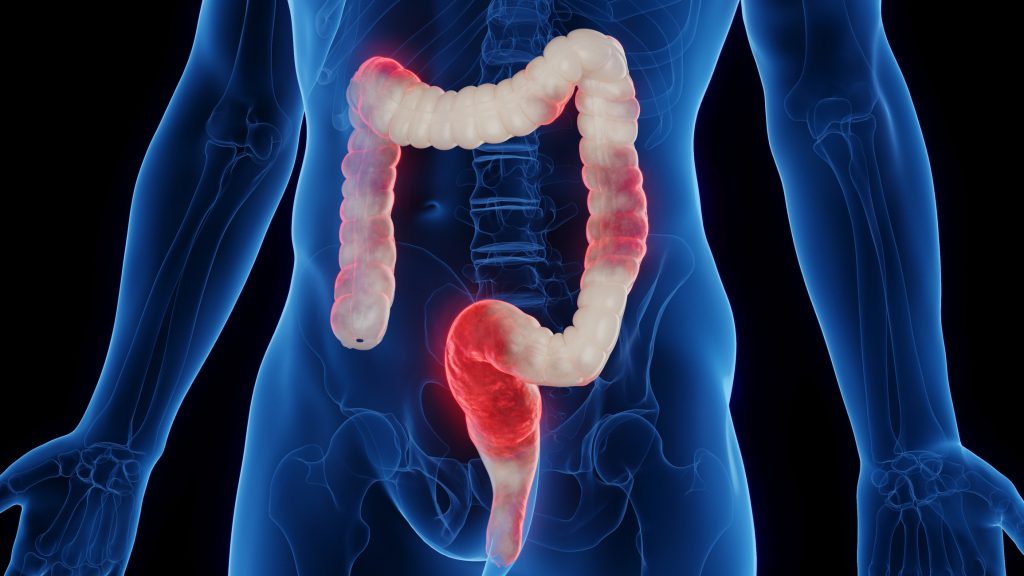Inflammatory Bowel Disease
- Home
- / Dr. Raosaheb Rathod

Dr. Raosaheb Rathod
M.B.B.S, M. D. (Medicine), D.M. (Gastroenterology)
Book Appointment

Inflammatory Bowel Disease
Inflammatory Bowel Disease (IBD) encompasses a group of chronic inflammatory conditions of the gastrointestinal tract, primarily Crohn’s disease and ulcerative colitis. These conditions are characterized by inflammation and damage to the lining of the digestive tract, leading to symptoms such as abdominal pain, diarrhea (often bloody), weight loss, fatigue, and in some cases, fever.
Crohn’s disease can affect any part of the digestive tract, from the mouth to the anus, and typically involves deep layers of tissue. It can cause complications such as strictures (narrowing of the intestine), fistulas (abnormal connections between organs), and abscesses.
Ulcerative colitis, on the other hand, primarily affects the large intestine (colon) and rectum, causing continuous inflammation and ulceration of the inner lining of the colon. It may lead to complications such as severe bleeding, perforation of the colon, and an increased risk of colon cancer.
The exact cause of IBD is not fully understood but likely involves a combination of genetic predisposition, immune system dysfunction, and environmental factors. Diagnosis usually involves a combination of medical history, physical examination, imaging studies (such as CT scan or MRI), endoscopic procedures (colonoscopy or sigmoidoscopy), and laboratory tests to rule out other conditions.
Treatment aims to control inflammation, alleviate symptoms, and achieve remission. This may include medications such as anti-inflammatory drugs (e.g., corticosteroids, immunomodulators), biologics (e.g., TNF inhibitors), and lifestyle modifications. In severe cases or when complications arise, surgery may be necessary to remove damaged portions of the intestine.
Living with IBD requires ongoing management and monitoring to prevent flare-ups, maintain quality of life, and minimize long-term complications. It often involves a multidisciplinary approach with gastroenterologists, nutritionists, and sometimes mental health professionals to address the physical, nutritional, and emotional aspects of the disease.

